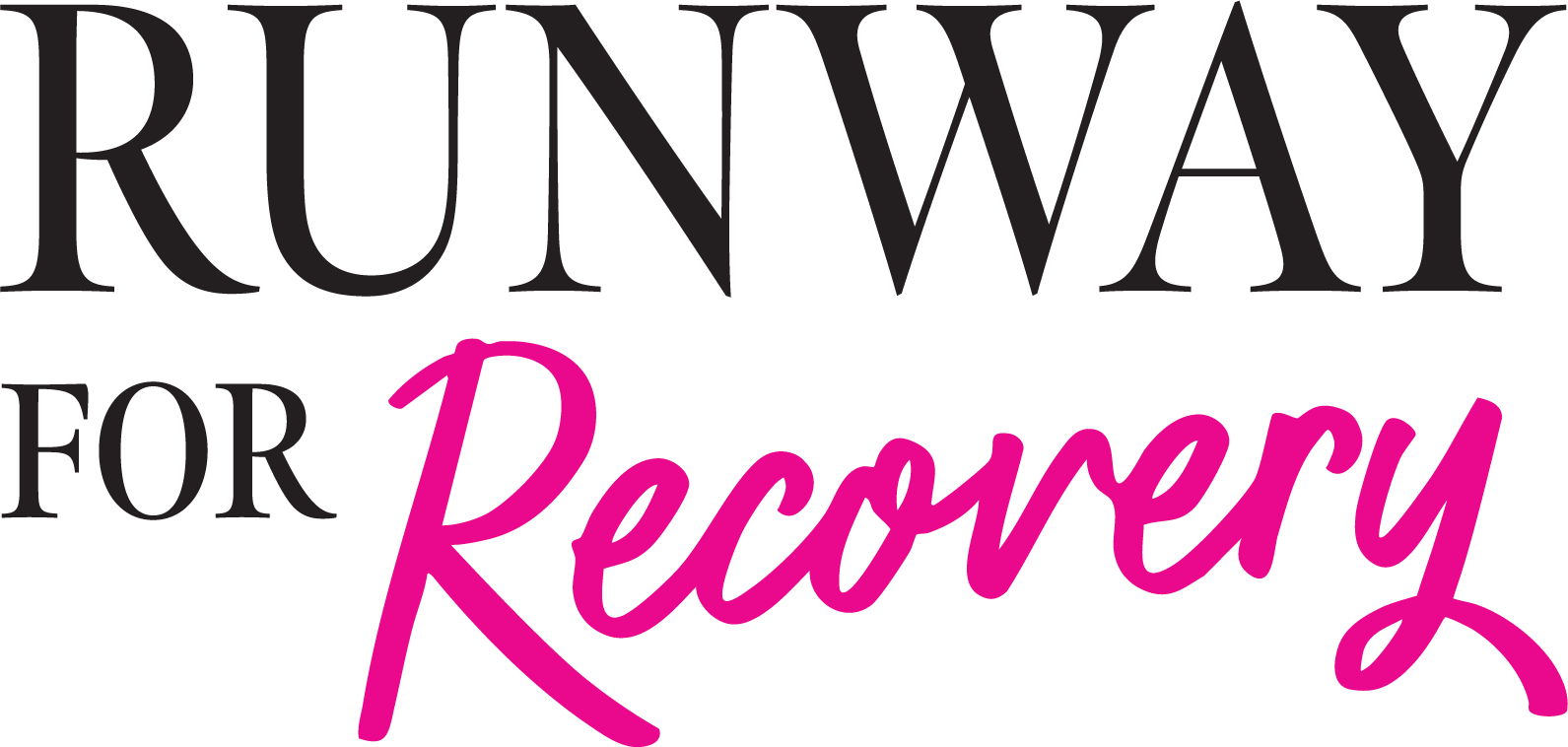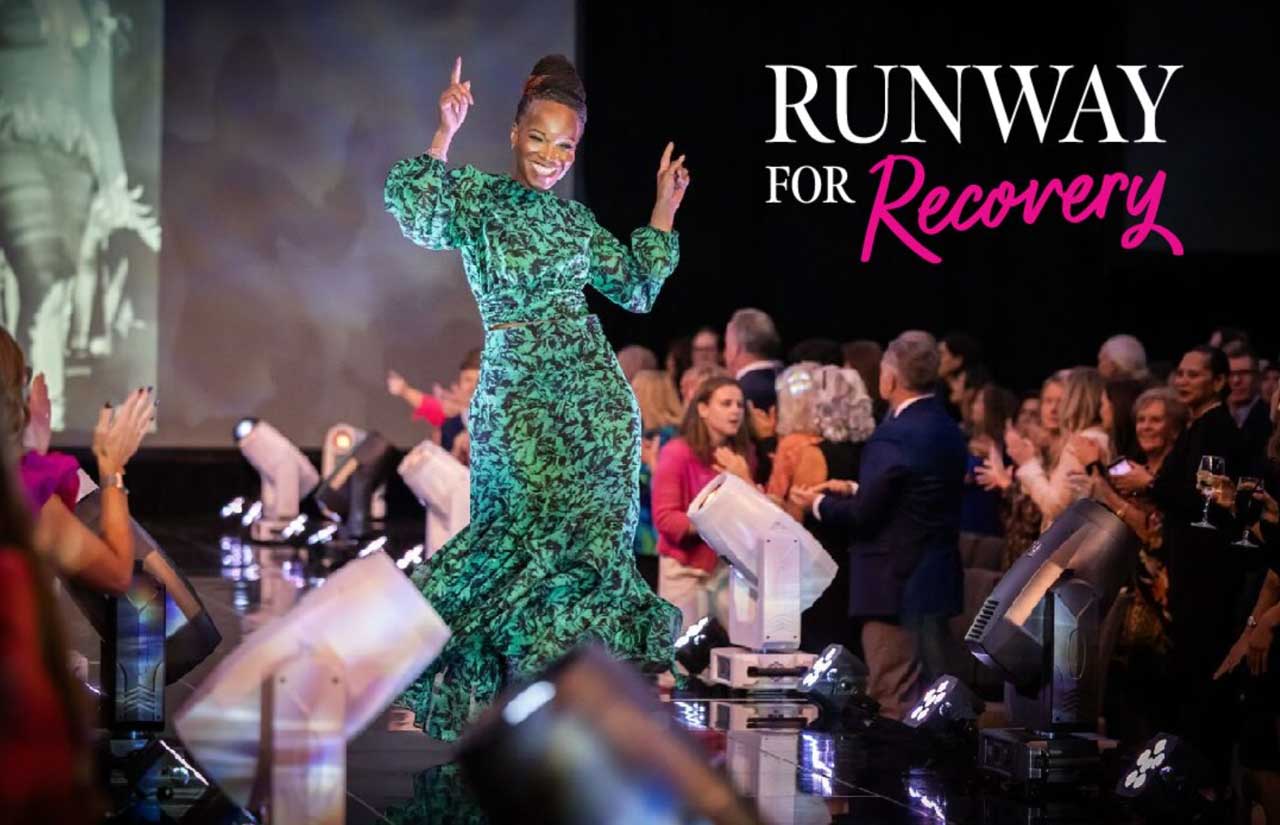Meet the Models: Rebecca
While 2020 has been particularly difficult for many of us, Rebecca’s has been uniquely so. This year marked the tenth anniversary of her mother’s passing from breast cancer. That, combined with turning 35, “flicked a switch” within Rebecca that has set the course for much of her year. BRCA positive herself, Rebecca’s health reality consists of check ups (mammograms and MRI’s) every sixth months. While breast/ovarian removal surgery is a logical step for many BRCA positive women, Rebecca’s diagnosis came during her most crucial years of family planning with her husband. Mother to one already, Rebecca remains hopeful to continue having children and therefore, will delay surgery.
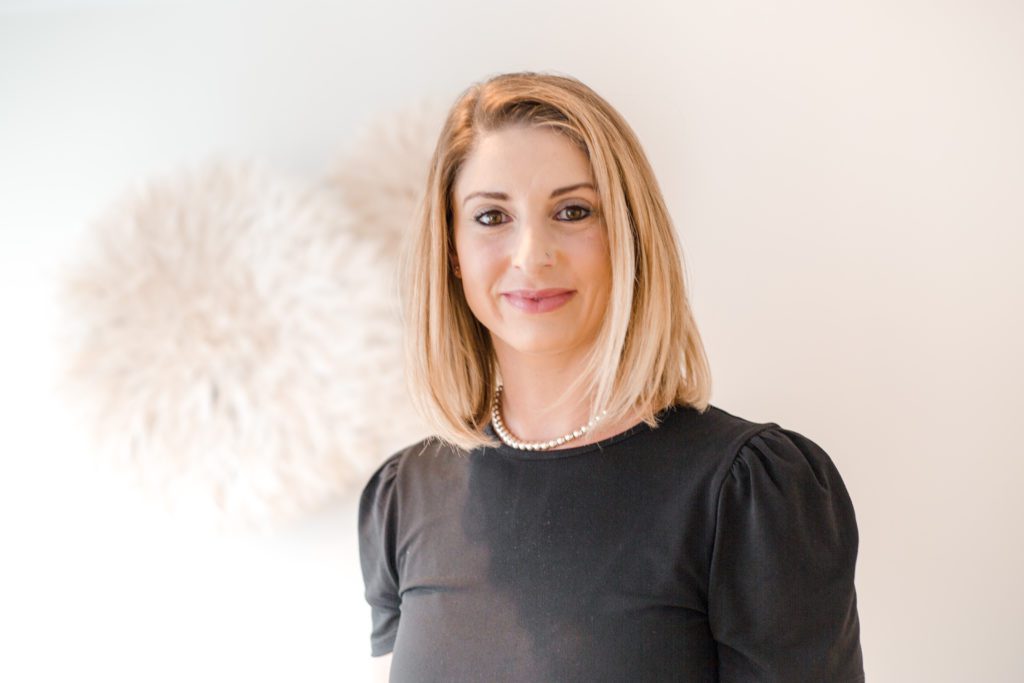
Mentally, the six month check-ups certainly took an emotional/physical/mental burden given the “impending doom” feelings they can dig up, but typically Rebecca felt she could briefly dwell and move past the fear. Since turning 35 however, coupled with reflecting on the loss of her mother and her fertility goals, Rebecca has found the pressure to treat her body “perfectly” on a deeper level: “I have felt more compelled to be mindful of the many dynamics” of what she knows is most likely inevitable- breast cancer. This has manifested in guilt over things like having a glass of wine because of her high risk status and she notes, “I feel like I am walking a tight rope a little bit.” She is especially mindful that doctors most likely only give her another 4.5 years before pushing for breast/ovarian removal surgery. It’s a ticking clock that puts added stress on the timeline for more children.
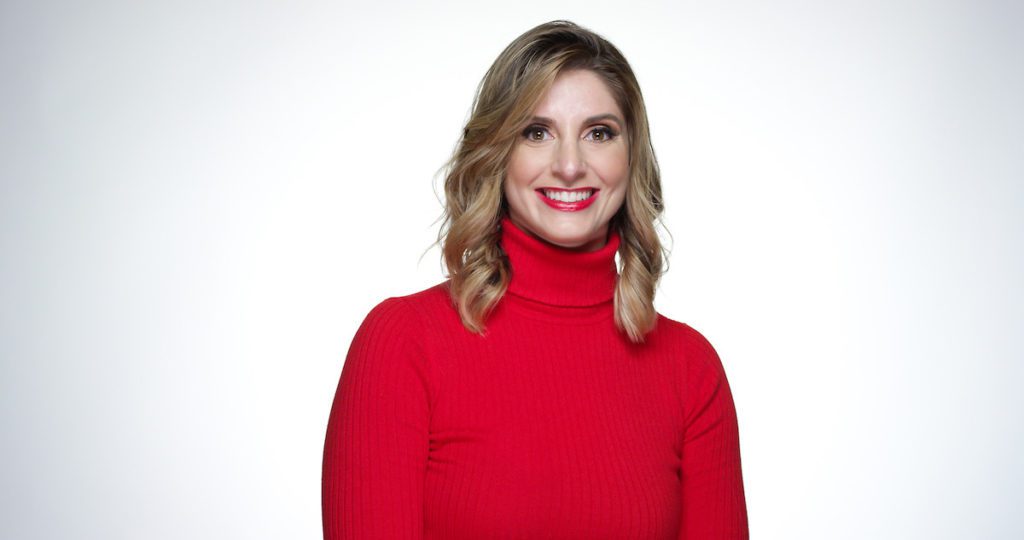
As if it isn’t hard enough dealing with the loss of a mother, being BRCA positive and being a wife and new mother, a few years back, Rebecca was diagnosed with PTSD and Borderline Personality Disorder. Her diagnosis adds a new layer of health management to her life and she notes that the “difficulty to manage my emotions on top of” being BRCA positive is a very unique challenge. It has been an added pressure on family planning, as well. Both Rebecca and her husband sought to ensure she had reached proper treatment and therapy for her Borderline before risking the hormonal changes of another pregnancy. Given the pharmaceutical aspect essential to Rebecca’s health, pregnancy is an understandable risk to the careful balance she has worked hard to create for herself. It also means that fertility treatments will not be an option, given the intense toll it takes on the body.
In a world where mental health is still very much shrouded in stigmas and secrecy, Rebecca is refreshingly honest and open about her mental wellbeing and the work it takes to manage the various challenges in her life. While many think a person getting breast cancer or losing a parent is their token “hard thing”, Rebecca reminds us that many are dealing with larger stories of mental/physical/emotional health. Rebecca’s honesty about mental health and its connection to breast cancer continues to normalize what many keep hidden: putting yourself first is the only way you can support those around you. Rebecca continues to inspire by doing the intense personal work to find that balance- from working out, smart food choices, balancing emotions and taking advantage of her medical resources.
Obviously, COVID adds yet another challenge to Rebecca’s life. She notes, “as long as I frame it the right way, there are a lot of positives. At times, it simply can come down to really trying to just ride the wave and re-orient the negative mindset.” Indeed, she found an unexpected positive in the long scheduled meeting with her genetic counselor. Due to work schedules and childcare, she normally would have attended alone, but work-from-home allowed her husband to join her on the Zoom call. She noted the time together with the counselor helped to deepen their bond and particularly, his understanding about the journey ahead related to her breast cancer. A true silver lining of COVID found in what most would see as a negative.
A community, whether of doctors and therapists, friends, or family is essential to maintaining Rebecca’s careful health balance. It’s why she is so fond of Runway. As she preps to (virtually) walk for her second year, Rebecca notes she is honored to support an organization that goes beyond the cancer itself, but works to remove the often invisible mental/emotional burdens for families left in the wake of a diagnosis or death. The burden of trying to keep things normal Rebecca says, is often the most stressful part. She notes that Runway is the first organization she has found that truly recognizes the subsequent effects of a breast cancer diagnosis. It’s a community she is proud to be a part of.
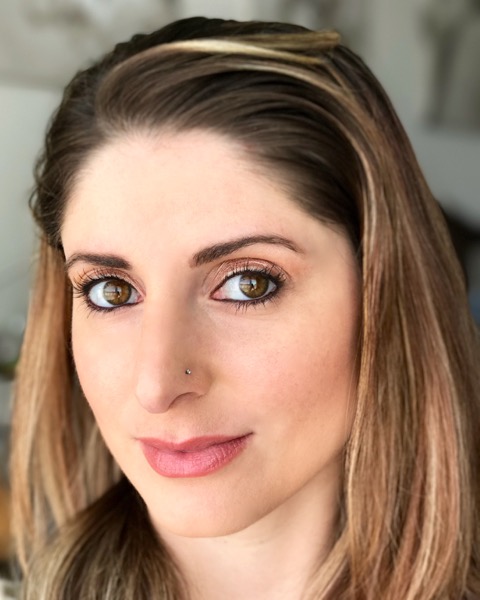
While she will miss the glam, glitz and family atmosphere of the backstage at the Runway Show (“a true gift that gives you the charge/energy to put yourself out there very publicly”), it is no surprise that she quickly finds the positive outlook of a Virtual Runway Show- “it will be fun to find different opportunities to celebrate.”
